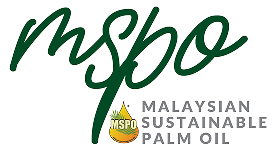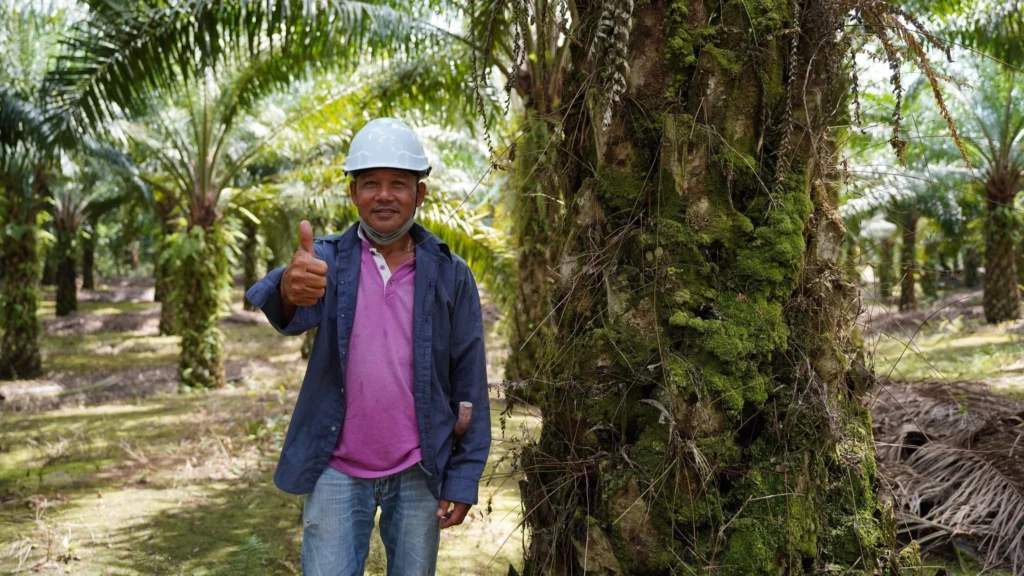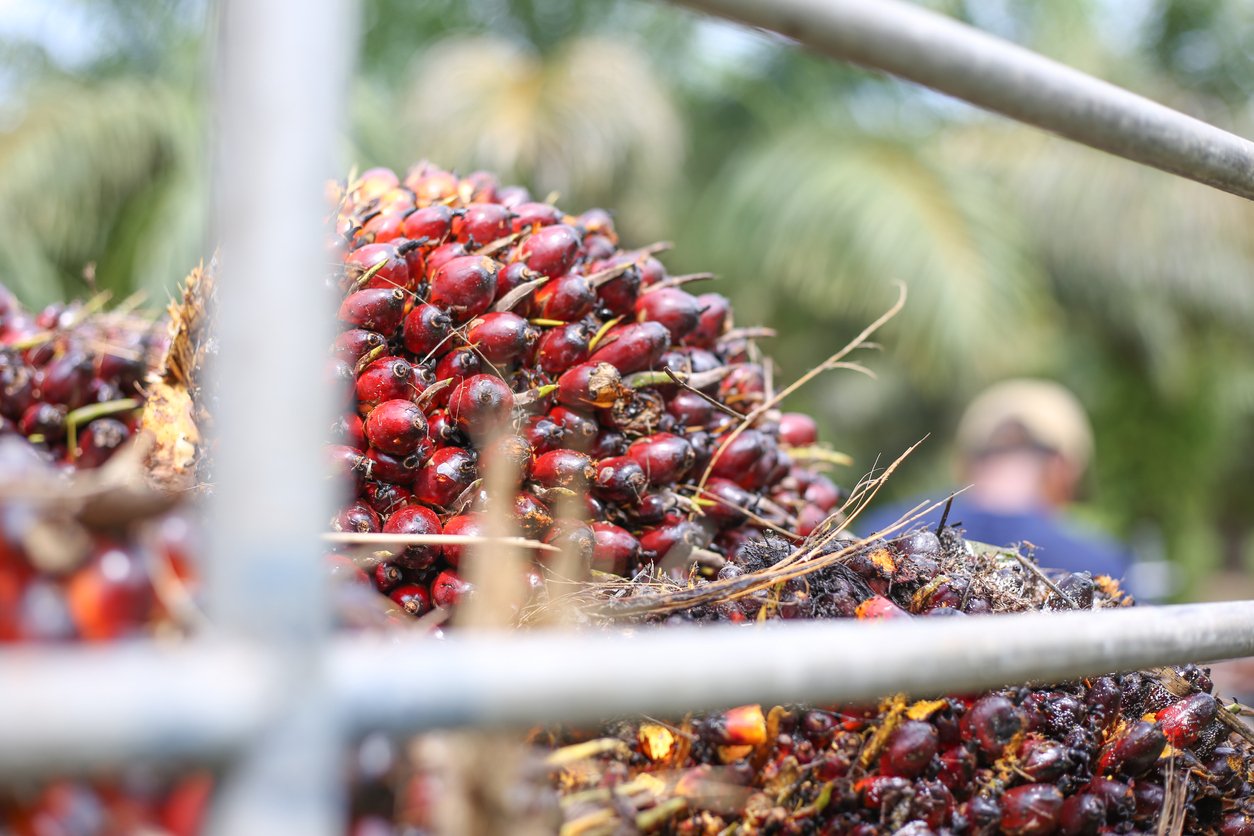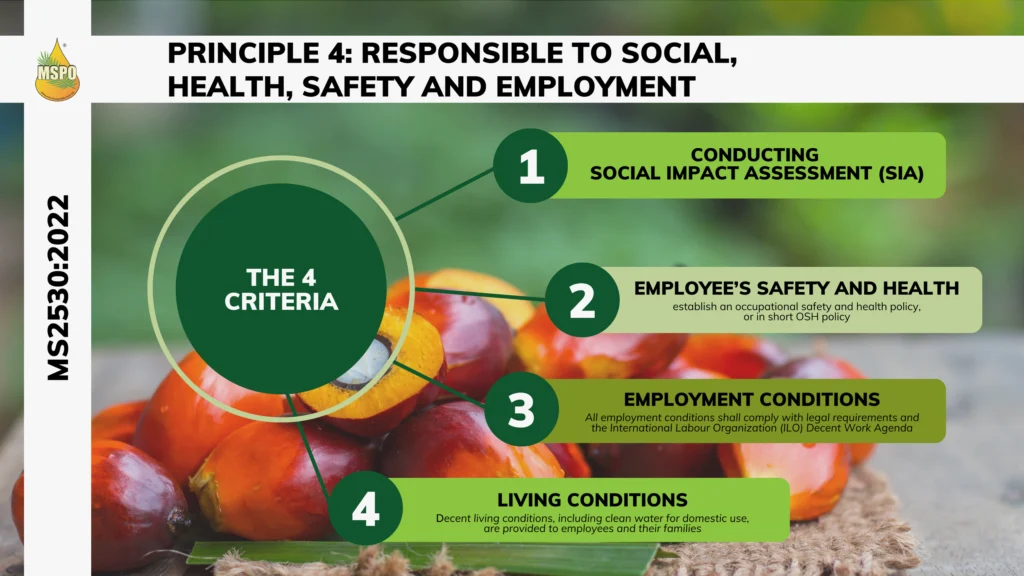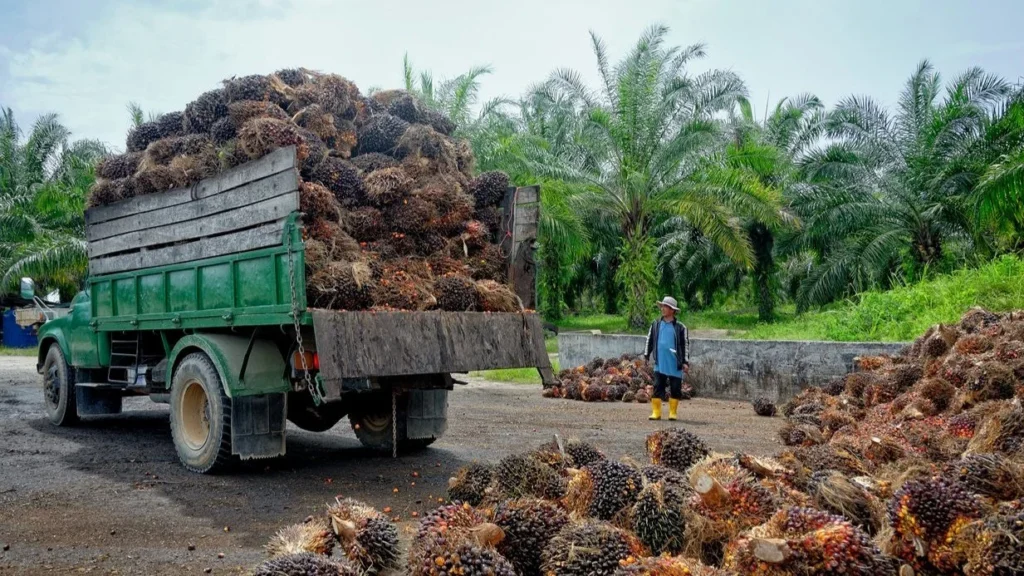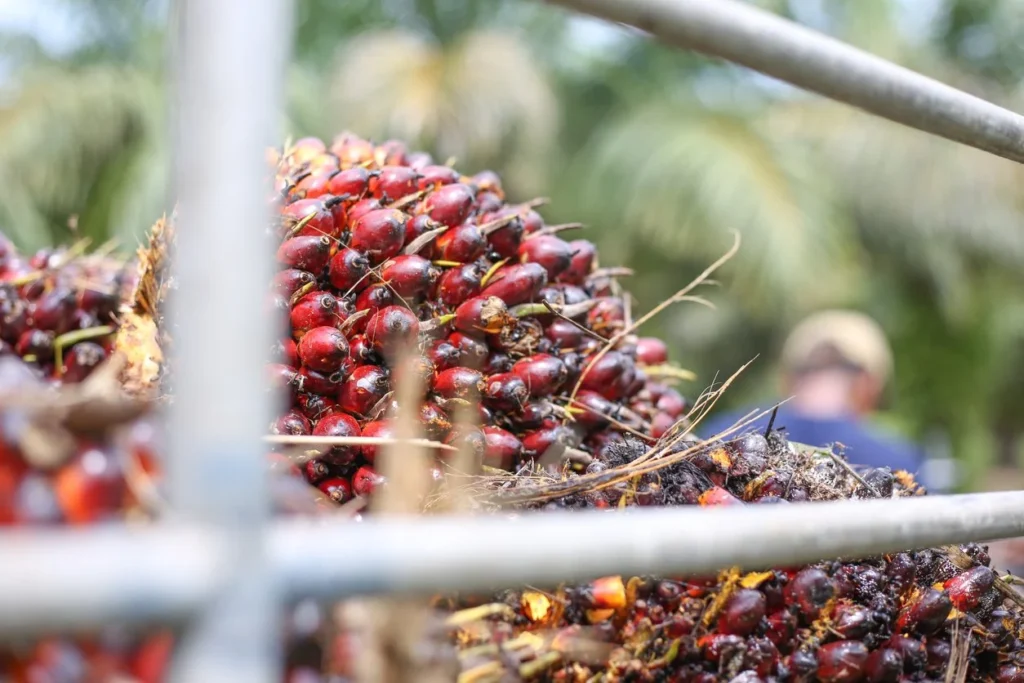Written by Sarah Nasiha Kormin, MPOCC
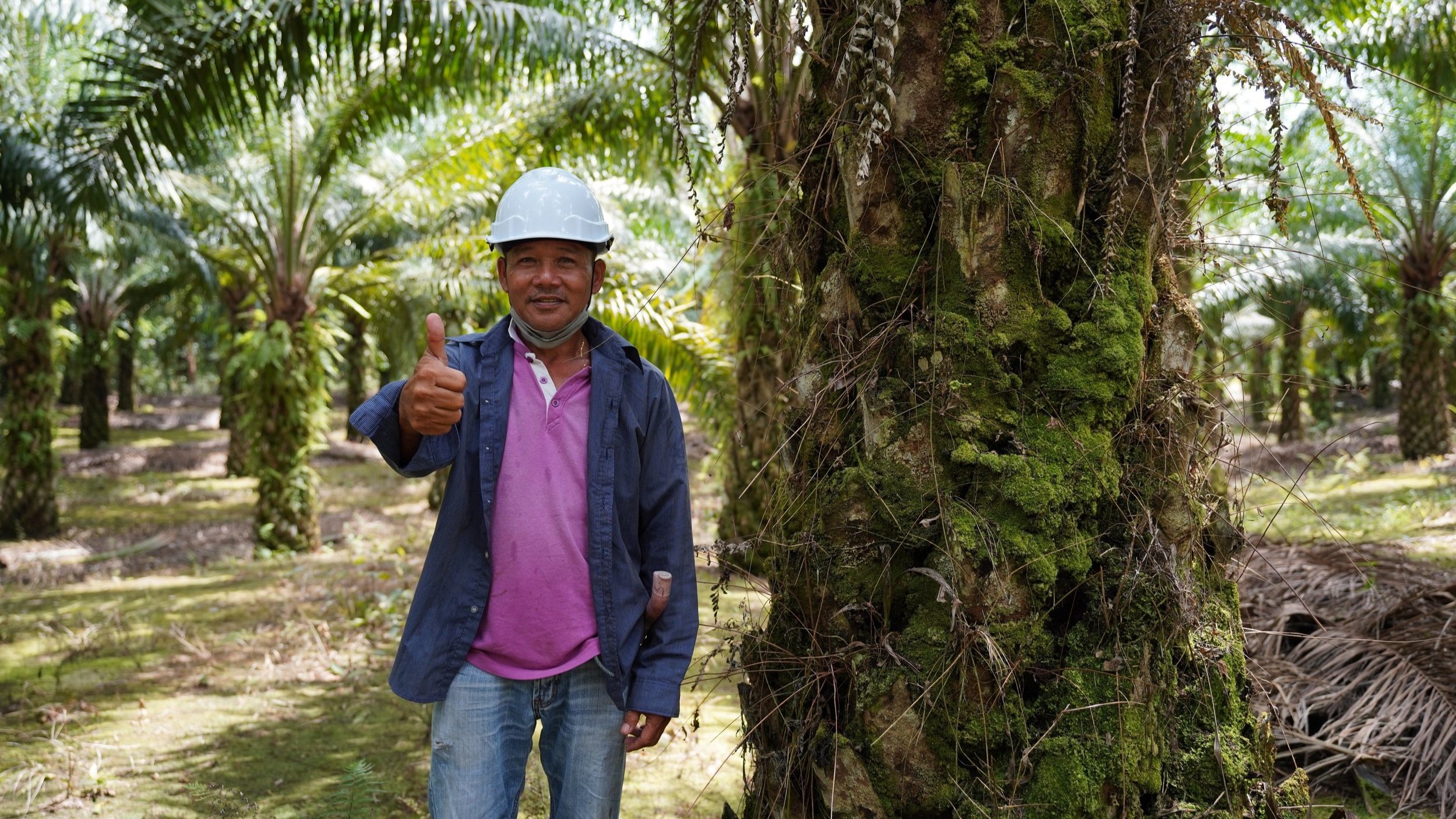
Palm oil is an edible vegetable oil, and the term covers various things that we can get from a species of tropical palm called Elaeis guineensis. It is the most versatile of all other vegetable oils from crude palm oil to the palm kernel as it can be processed to form a wide range of products from different melting points and consistencies.
Breakdown of palm oil
Palm oil is found within half of all packaged products sold in the supermarket. Palm oil obtained from the fruits can be used in making soap, candles, cosmetic products, biofuels, and many more. Whereas palm kernel oil from the seed is widely used for edible products such as cookies, chocolates, ice creams, margarine, and bread, including pharmaceutical purposes. Lastly, palm kernel cake which is high in energy and fiber is used in the animal feed industry.
Palm oil VS other Vegetable crops
Palm oil is a very productive crop. A study by the University of Bath compared palm oil to potential alternatives such as sunflower and soybean oil. Findings show that these crops require more land, water, and fertiliser. Additionally, the study discovered that both crops have lower productivity, shorter lifespans, and store less CO2 emissions.
Palm oil offers a far greater yield at a lower cost of production than any other vegetable oil. It yields 4 to 10 times more oil per hectare than other sources of vegetable oil such as soybean, coconut, or sunflower oil. Proposing to change to other vegetable oil and boycotting palm oil will transfer the problem to other parts of the world and threaten other species, habitats, and communities. Within the near to medium term, ensuring sustainability in the palm oil sector is the only pragmatic approach to minimise environmental impact.
Benefits of Palm Oil
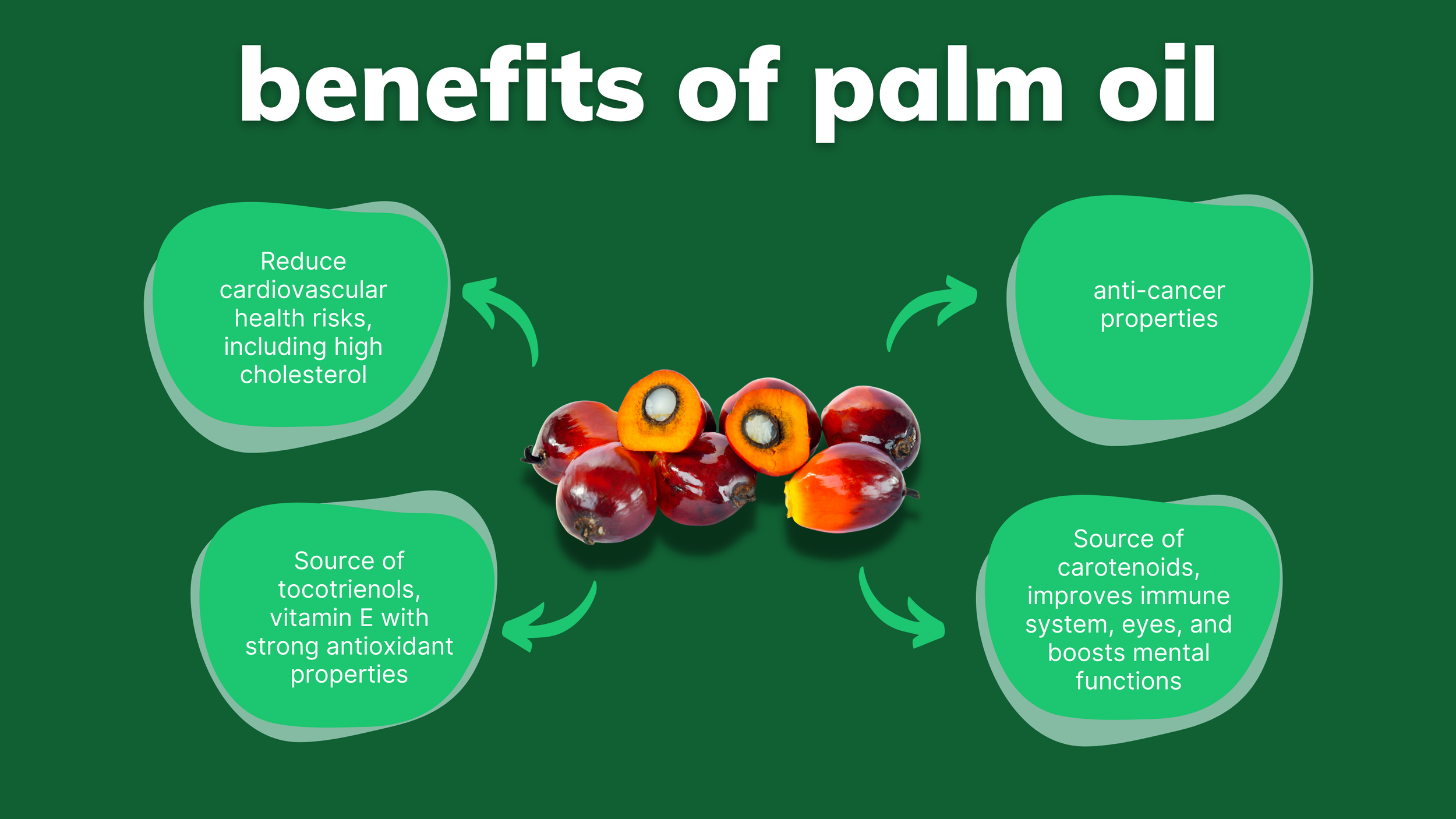
Plenty claimed that being completely palm-oil-free is a good move and beneficial health-wise. While on the contrary, palm oil has so much to offer. It is a source of tocotrienols, a form of vitamin E with strong antioxidant properties which is good for the brain. Vitamin E tocotrienols are known to be important for human health as they can prevent many non-communicable diseases and neurodegenerative diseases such as Dementia and Alzheimer’s.
It also contains carotenoids, including beta-carotene, which the body converts to vitamin A. Carotenoids are important in addressing Vitamin A deficiency issues, improving the immune system, and eyes, and boosting mental functions, particularly in children.
Additionally, a study shows that palm oil can also reduce cardiovascular health risks, including the impact of high cholesterol. Palm-derived tocotrienols have anti-cancer properties as they have been observed to fight free radicals and slow the surge of breast, prostate, and pancreas cancer cells. Paired with sustainably produced palm oil, MPOCC can assure that the MSPO-certified palm oils are rich in substance and form.
